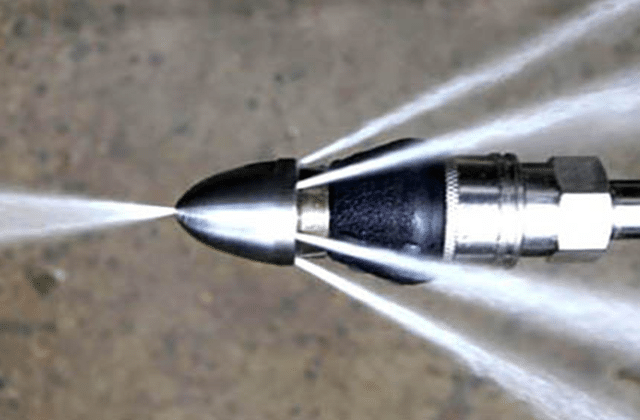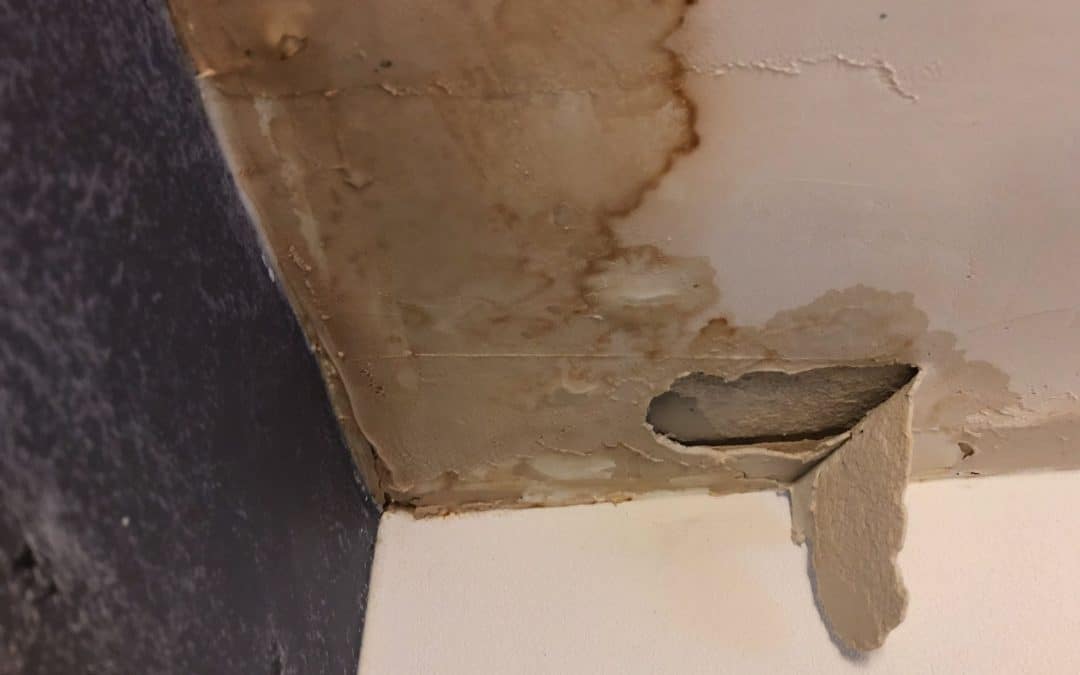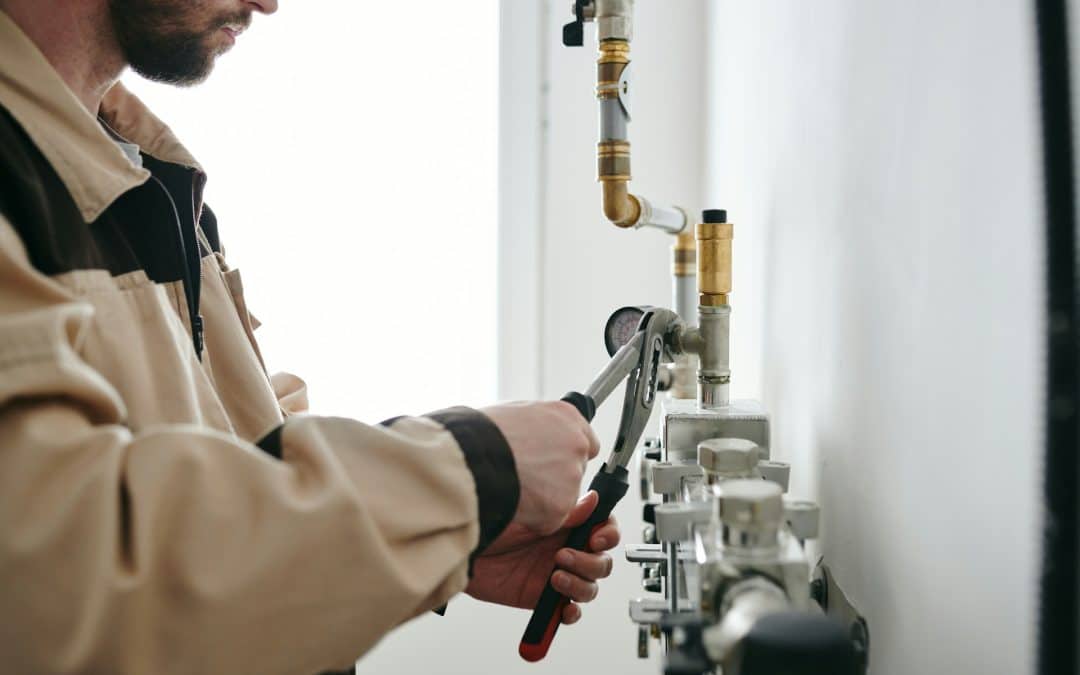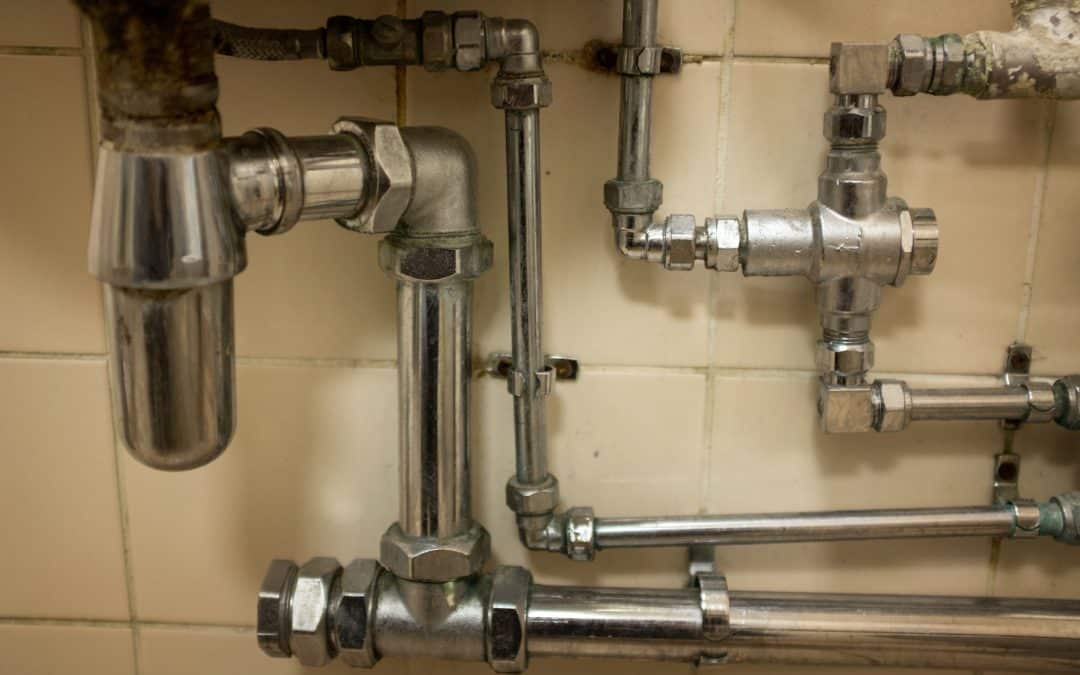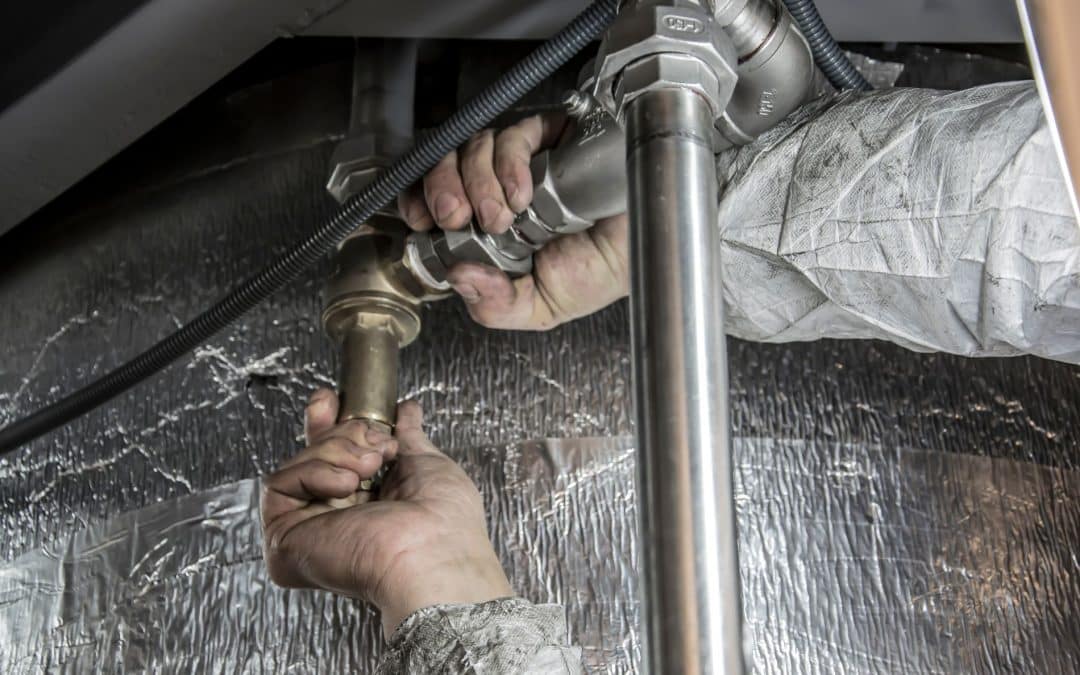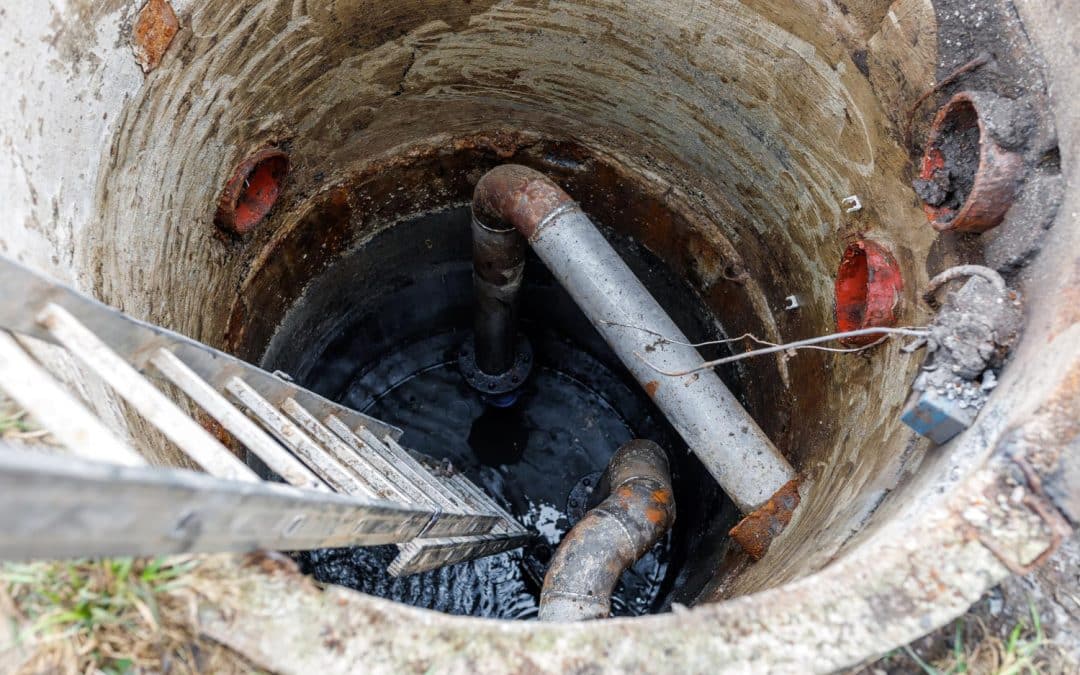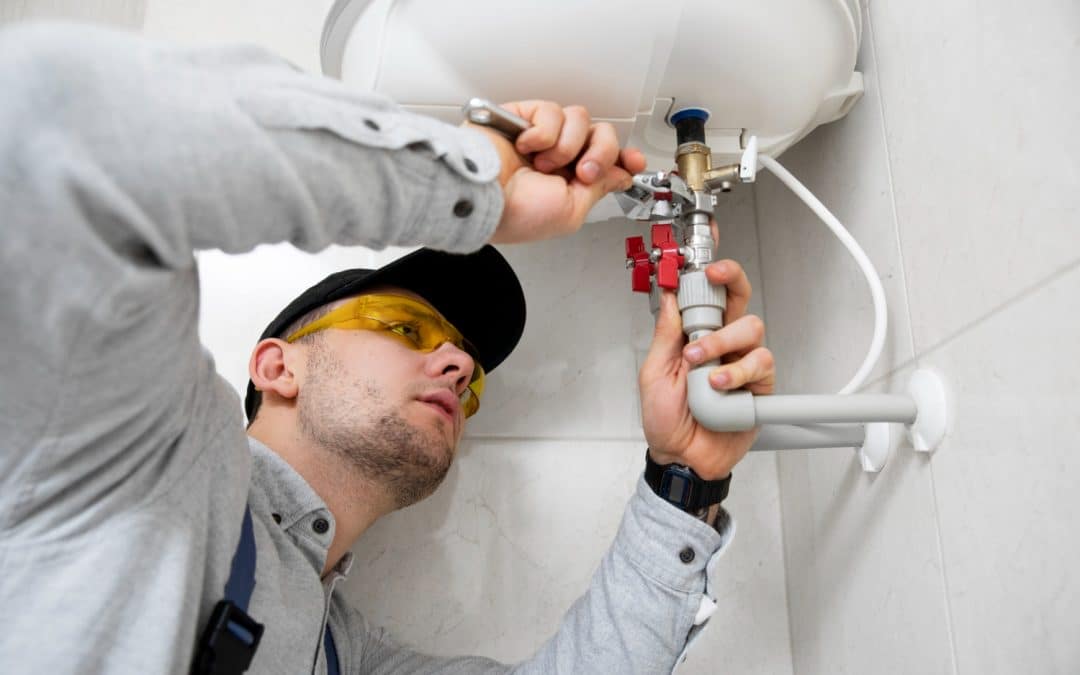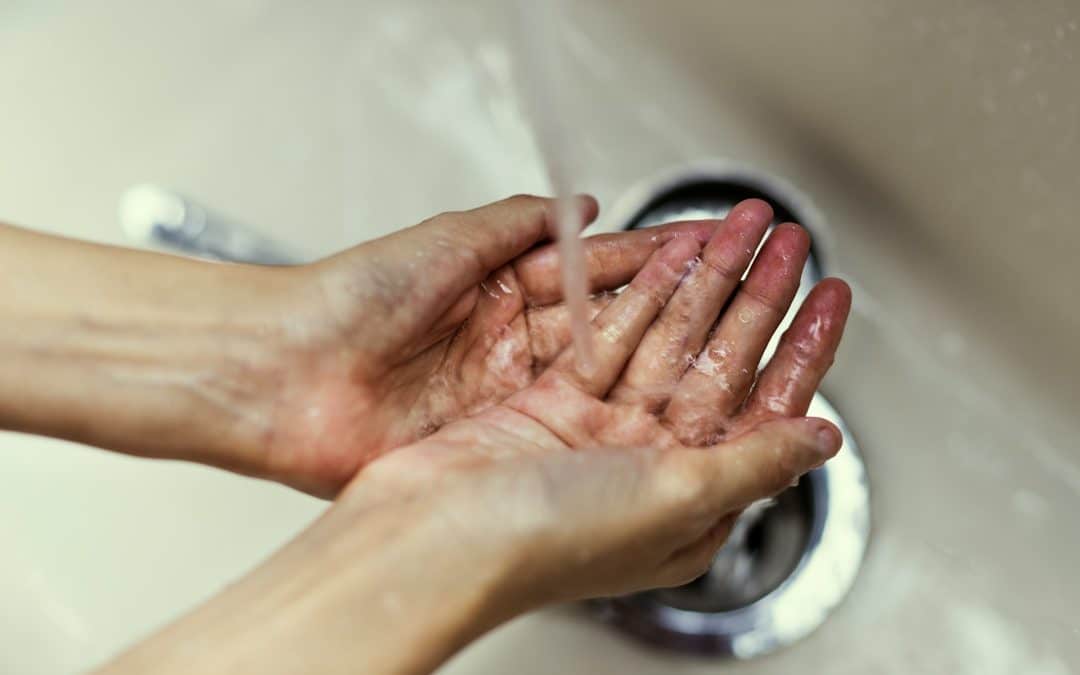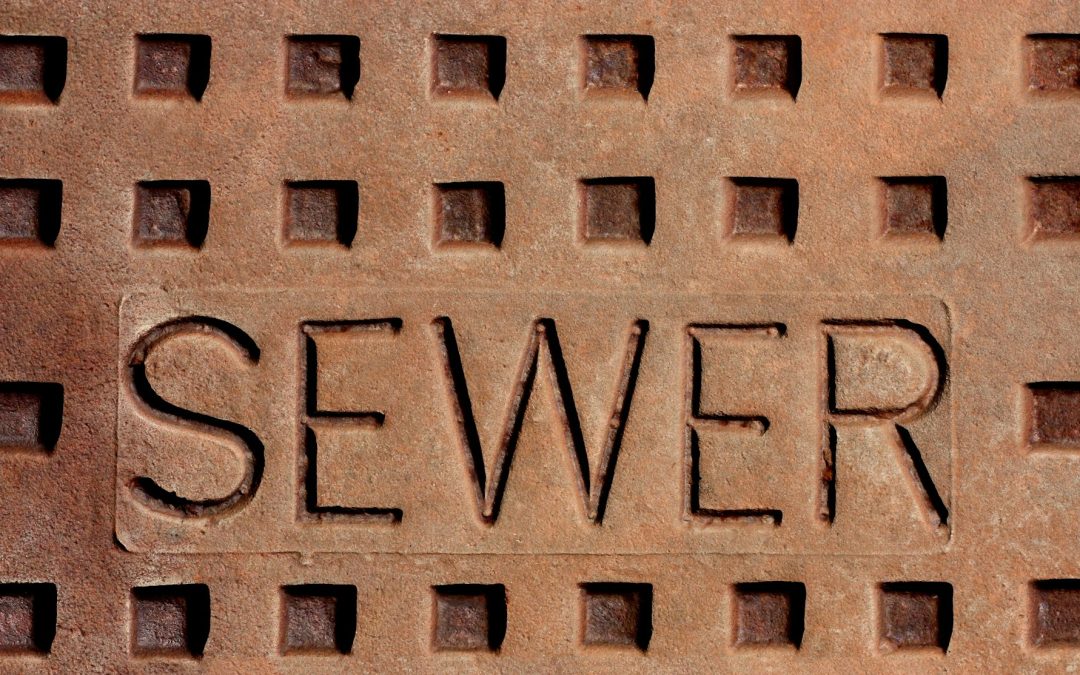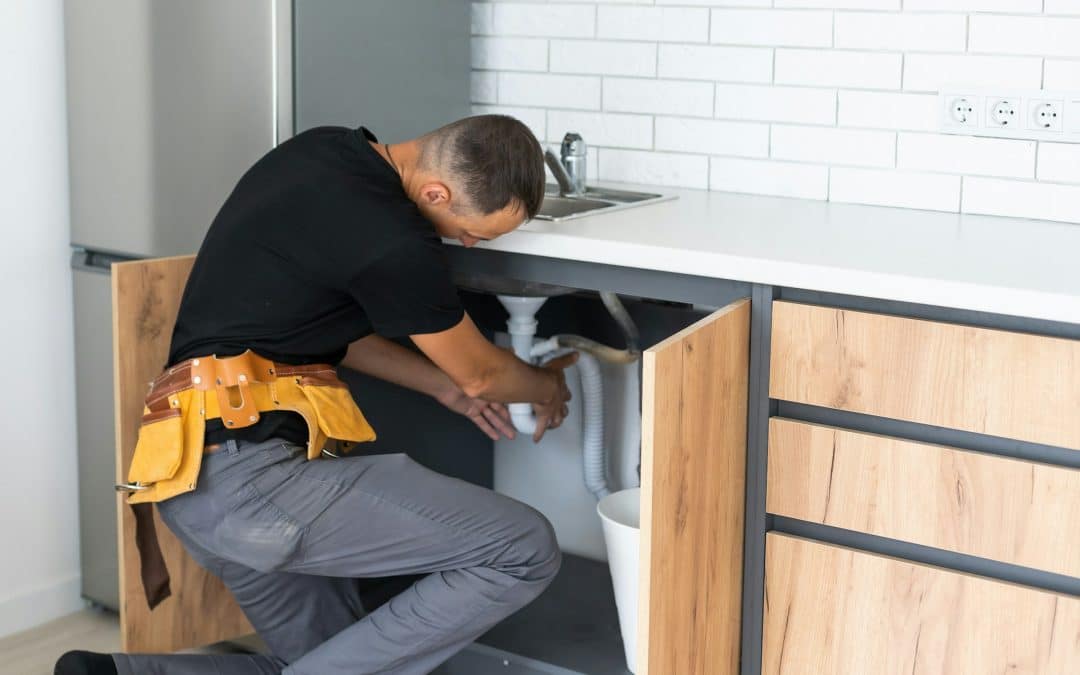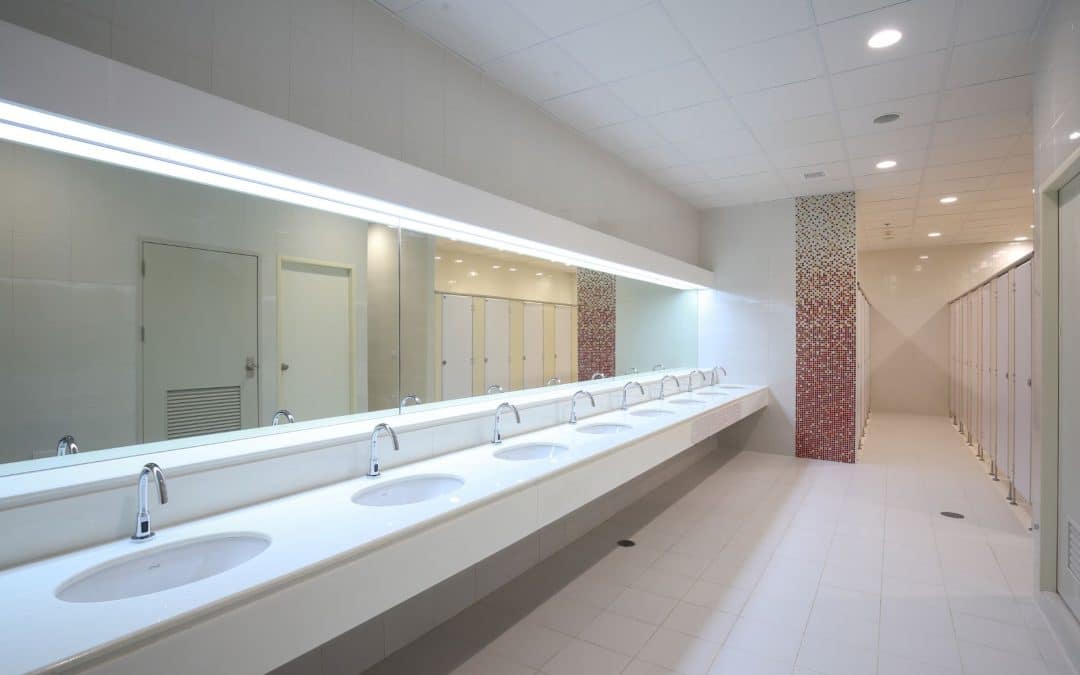Clogged drains can be a real hassle. They can slow down your daily routine and even cause unpleasant odors in your home. While traditional methods like plungers and drain snakes can work temporarily, they often don’t get to the root of the problem. Hydrojetting is a powerful solution that can clear out even the toughest clogs, ensuring your drains run smoothly.
Hydrojetting involves using high-pressure water to clean the inside of your pipes. Unlike other methods that might leave some residue behind, hydrojetting completely flushes out the debris, grease, and even tree roots causing the blockage. This makes it one of the most effective ways to maintain your plumbing system.
Choosing hydrojetting over other methods comes with multiple benefits. Not only does it clear blockages more thoroughly, but it also helps to prevent future clogs. It’s a versatile service that can be used in both residential and commercial settings. In this article, we will explore how hydrojetting works and why it might be the right choice for clearing your clogged drains. Dive into the details to find out how hydrojetting can improve your plumbing system’s health and function.
What is Hydrojetting?
Explanation of Hydrojetting
Hydrojetting is a method used to clean and clear clogged drains and sewer lines. It involves using a high-pressure water jet to blast away blockages and build-up inside the pipes. The process is highly effective and can remove everything from grease and sludge to mineral deposits and tree roots. By using advanced technology, hydrojetting provides a thorough cleaning that traditional methods often can’t achieve.
How Hydrojetting Works
The hydrojetting process starts with a thorough inspection of the pipes, usually with a video camera, to identify the location and nature of the clog. Once the problem area is found, a specialized nozzle connected to a high-pressure hose is inserted into the drain. The water, pressurized up to 4,000 psi, is then forcefully directed into the pipe. This high-pressure water scours the interior surfaces, breaking up and washing away the debris and blockages. The result is a clean and clear pipe, free from obstructions.
Benefits of Hydrojetting Over Traditional Methods
Hydrojetting offers several advantages over traditional drain-cleaning methods. First, it’s much more efficient at removing stubborn blockages. While snaking or using chemical cleaners might only partially clear a clog, hydrojetting thoroughly cleans the entire pipe. Second, it’s environmentally friendly, as it uses only water and doesn’t rely on harsh chemicals. Third, it can help prevent future clogs by completely removing the debris. This preventative measure ensures a longer-lasting solution. Finally, hydrojetting can even remove tree roots, a task that other methods can’t accomplish effectively.
Common Causes of Clogged Drains
Grease Buildup
Grease is one of the most common culprits for clogged drains. When you wash greasy dishes or pour oil down the sink, the grease can solidify in the pipes, creating a sticky coating that traps food particles and debris. Over time, this buildup restricts water flow and causes clogs.
Tree Roots
Tree roots naturally seek out water sources, and your sewer pipes can become an attractive target. Roots can penetrate small cracks in the sewer lines and expand inside, leading to significant blockages. This is a common issue for homes with large trees nearby.
Hair and Soap Scum
In bathrooms, hair and soap scum are frequent causes of clogged drains. Hair can wrap around the drain mechanism and combine with soap residue, forming a sticky, tangled mess. This blockage prevents water from flowing freely, resulting in slow drains or total clogs.
Food Particles and Debris
In kitchen sinks, food particles and other debris can accumulate and cause blockages. Items like coffee grounds, egg shells, and vegetable peelings often don’t break down easily and can clog the pipes. Even small food particles can combine to create serious clogs over time.
Understanding these common causes can help you take preventative measures to keep your drains clear. Regular maintenance and avoiding dumping certain materials down your drains can go a long way in preventing clogs. Hydrojetting can effectively address these issues, providing a robust solution for keeping your plumbing system in top shape.
Signs You Need Hydrojetting Services
Slow Draining Sinks and Bathtubs
If your sinks or bathtubs are draining slowly, it’s a clear sign that something is obstructing the flow of water. While minor clogs can sometimes be fixed with a plunger or a drain snake, persistent slow drains often indicate deeper issues that require hydrojetting to completely clear.
Frequent Clogs
Do you find yourself dealing with clogs on a regular basis? Frequent blockages can be a sign that your pipes are filled with debris that typical cleaning methods can’t handle. Hydrojetting is the best way to thoroughly clean the pipes and prevent future clogs.
Unpleasant Odors
Bad smells coming from your drains are often caused by food particles, grease, or other debris trapped in the pipes. These smells can make your home uncomfortable and unpleasant. Hydrojetting removes the waste, eliminating the odors at the source.
Gurgling Noises in Pipes
Hearing gurgling noises from your drains can be another indication that there’s a clog or buildup in your pipes. These noises happen when air gets trapped and pushes back through the water. Hydrojetting can solve this problem by clearing the blockage and allowing water to flow smoothly again.
Hydrojetting Process and Maintenance Tips
Preparing for a Hydrojetting Service
Before a hydrojetting service, it’s important to have your pipes inspected with a video camera. This helps pinpoint the exact location and type of clog. Make sure the area around the access point is clear and ready for the technician to work.
What to Expect During the Service
During hydrojetting, a technician will insert a high-pressure hose with a special nozzle into your drain. The hose sprays water at up to 4,000 psi, breaking up clogs and washing away debris. The process usually takes around an hour, but the time can vary based on the severity of the clog.
Preventative Maintenance Tips
To keep your drains clear after hydrojetting, avoid pouring grease, coffee grounds, and other solid waste down the drain. Using hair traps in bathroom drains and running hot water periodically can help maintain cleanliness. Regular inspections can catch potential clogs early.
Safety Considerations and Best Practices
Hydrojetting should always be performed by a professional to avoid damage to your pipes. While safe for most plumbing systems, extremely high pressure can be risky if not handled correctly. Follow professional advice on maintenance and schedule services as needed to keep your pipes in top condition.
Conclusion
Hydrojetting stands out as one of the most effective methods for clearing clogged drains. It tackles tough blockages caused by grease buildup, tree roots, hair, and food debris that other methods can’t fully remove. The benefits of hydrojetting, such as thorough cleaning and prevention of future clogs, make it an excellent choice for both residential and commercial plumbing needs.
Understanding the signs that you need hydrojetting can help you act before minor issues turn into major problems. Slow drains, frequent clogs, unpleasant odors, and gurgling noises are clear indicators that it’s time to call in the professionals. Preparing properly for a hydrojetting service ensures a smooth and efficient process, leaving your pipes clean and free-flowing.
If you’re experiencing persistent drain issues, don’t wait for a minor inconvenience to become a big problem. Contact Plumbing Kings LLC today to schedule your hydrojetting service and keep your plumbing system in great shape. Call now to ensure your home or business has clear, clean drains all year round!
